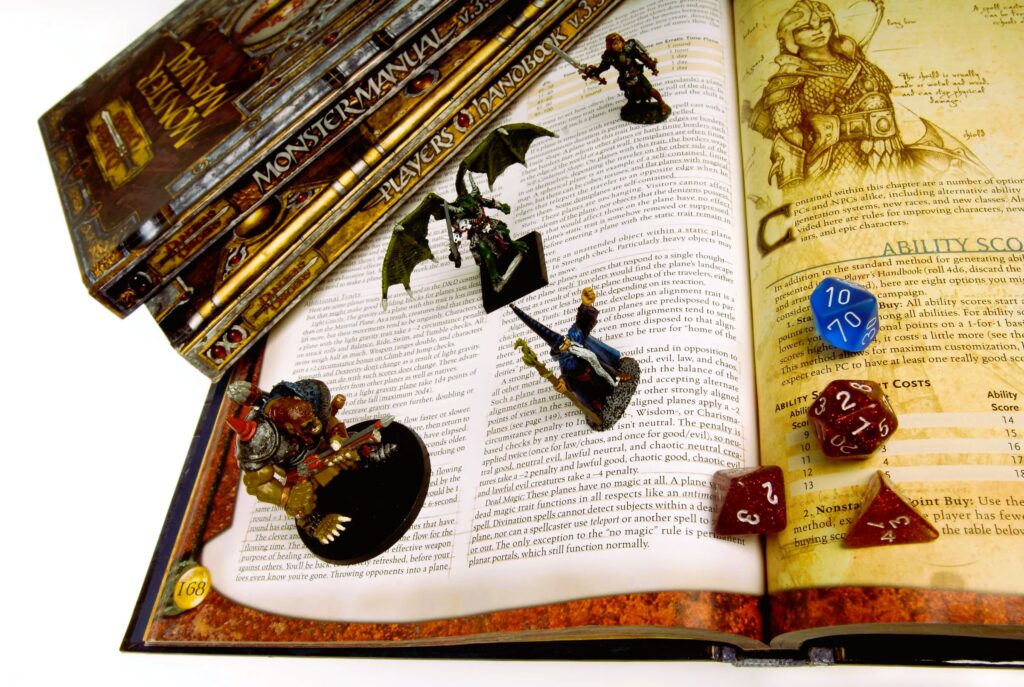History and Evolution of Tabletop RPGs in Recent Decades
Tabletop role-playing games (RPGs) have undergone significant evolution over recent decades, shaping the landscape of gaming and storytelling since their inception in the 1970s. This article delves into the history, key milestones, and transformative trends that have defined tabletop RPGs from their early days to the present day.
Origins and Early Development
The roots of tabletop RPGs can be traced back to the mid-20th century, influenced by war gaming and fantasy literature. However, it was in 1974 that Dungeons & Dragons (D&D), designed by Gary Gygax and Dave Arneson, revolutionized the genre. D&D introduced players to collaborative storytelling, character creation, and gameplay mechanics involving dice rolls and game masters (GMs).
Golden Age and Proliferation

Throughout the 1980s and 1990s, tabletop RPGs experienced a golden age with the emergence of diverse systems and settings. Games like Call of Cthulhu, Shadowrun, and GURPS expanded the horizons of RPG storytelling, offering players a range of genres from horror and cyberpunk to historical and science fiction.
Digital Era and Adaptation
The advent of digital technology in the late 20th century posed challenges to traditional tabletop RPGs but also opened new avenues for adaptation and growth. Virtual tabletop platforms like Roll20 and Fantasy Grounds allowed players to engage in RPG sessions online, transcending geographical boundaries and enhancing accessibility.
Narrative and Mechanics Innovation
In the early 2000s, RPGs saw a resurgence in narrative-focused gameplay and streamlined mechanics. Systems like Fate Core and Powered by the Apocalypse (PbtA) emphasized storytelling over rules complexity, empowering players and GMs to collaboratively create immersive narratives. Did you like the article? Read about RPG Games for Solo Players.
Diversity and Inclusivity
Recent years have witnessed a movement towards diversity and inclusivity within the tabletop RPG community. Game designers and publishers have focused on representing marginalized voices, exploring diverse cultures, identities, and experiences in RPG settings and narratives.
Emerging Trends and Future Outlook

Looking ahead, tabletop RPGs continue to evolve with advancements in technology, accessibility, and storytelling techniques. The rise of independent publishers, crowdfunding platforms like Kickstarter, and digital distribution have democratized game development, allowing creators to innovate and reach global audiences.
The history and evolution of tabletop RPGs reflect a dynamic journey of creativity, innovation, and community building. From humble beginnings with Dungeons & Dragons to a vibrant ecosystem of diverse systems, settings, and narratives, tabletop RPGs continue to captivate players worldwide, fostering imagination, collaboration, and unforgettable adventures.
For further exploration of tabletop RPG history and developments, visit Wikipedia for comprehensive insights and resources.

